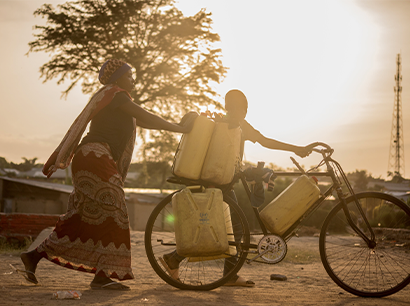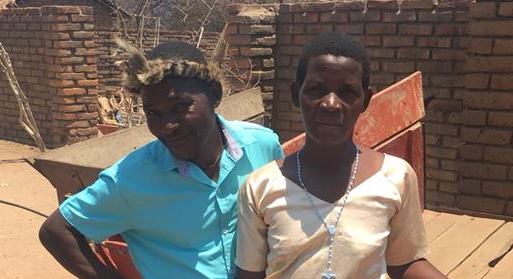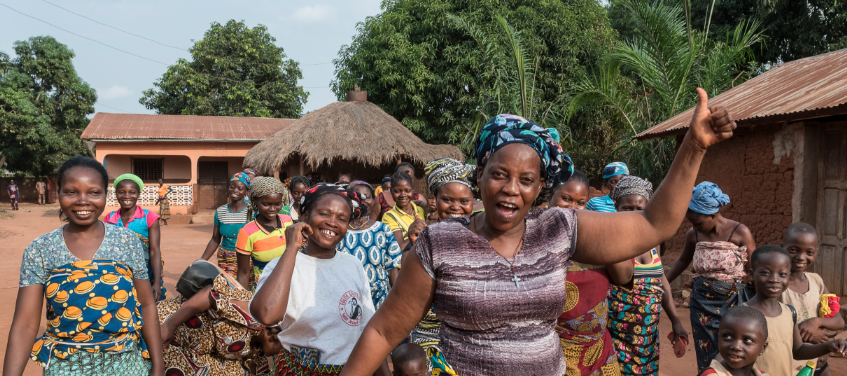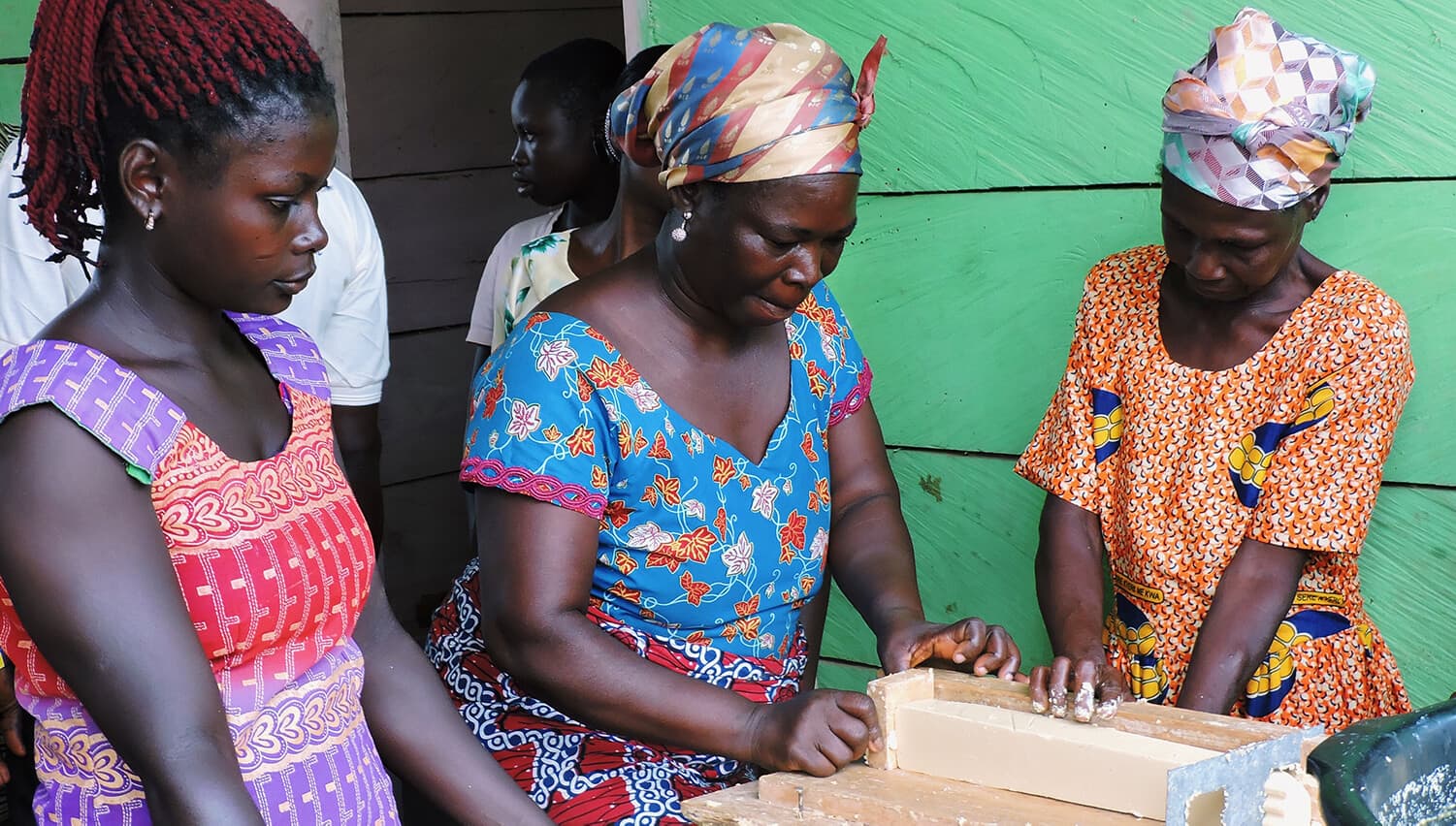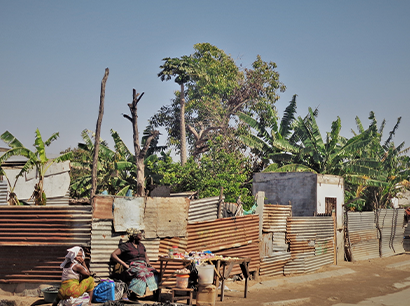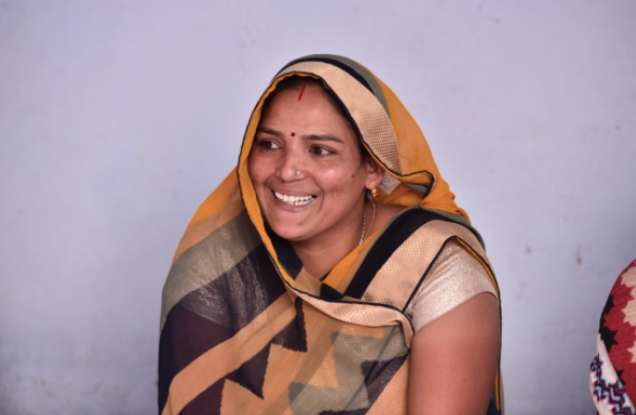Today is International Day of the Girl. Here at The Hunger Project, we’re celebrating the unscripted and unstoppable girls who are ending hunger around the world.
Meet Bonani
In the Bagherhat District of Bangladesh, Bonani is a young girl who attends high school.
In many parts of Bangladesh, girls are denied an education. Continuing beyond primary school to high school is limited to those families who can afford it. Many families like Bonani’s often make a choice between sending their girls to school or marrying them off at a young age. Early marriage is often seen as the right decision. As a result, many girls are pulled out of school and never return.
Even for those girls like Bonani, who do get to continue their studies, there are other barriers. Where Bonani lives, there were no toilets at schools for girls to use. This meant that she would have to stay home when she was menstruating. At other times she developed bladder issues from not being able to use a toilet all day at school. Because of this, she missed one week per month of schooling.
“Boys get many advantages, why not girls? We are all created equal. Girls need more support when they go through physical and mental changes,” Bonani says.
The Hunger Project runs programs such as Safe Schools for Girls in rural communities in Bangladesh. Safe Schools for Girls increases girls’ attendance in school including by getting toilets for girls installed. To date, more than 30,000 students have participated in the program.
“I joined a group in my school because I like to learn things and spread awareness among others. I like social activities such as dancing and acting, and I also learned that girls like me could have a say. So now I advocate for girls’ toilets and changerooms to be installed in schools, and for boys to stop harassing girls, especially on the way to and from school.”
Today, Bonani is a proud advocate for getting girls’ toilets installed in local schools. She is also an active member of her school community, advocating to stop harassment and child marriage and encouraging her peers to stay in school.
“It would be better to get married at 30, after getting an education and a job. I like to help other people and society. In the future I want to serve my country through social work or becoming a doctor,” she says.
Donate to programs like Safe Schools for Girls here.

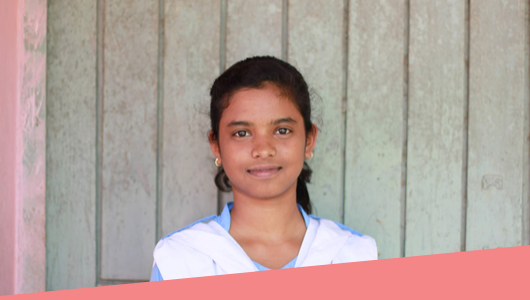
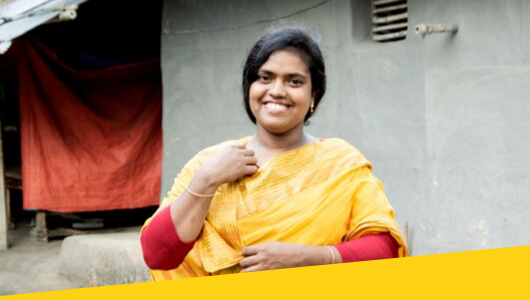
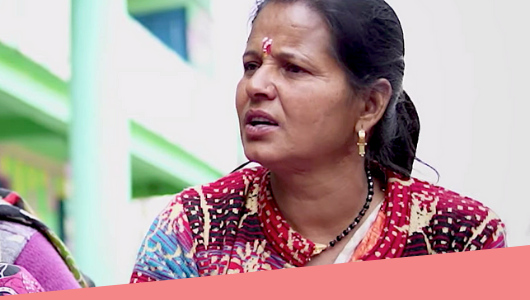
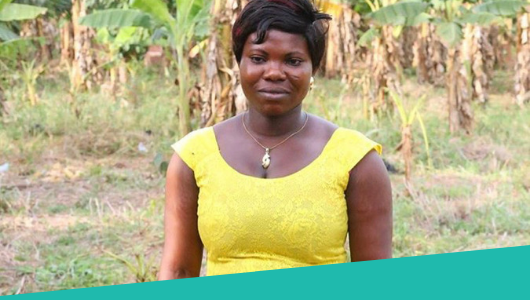
 Abigail is a 27-year-old entrepreneur from Boti in the eastern region of
Abigail is a 27-year-old entrepreneur from Boti in the eastern region of 